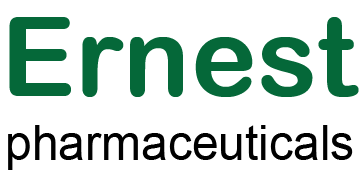New technology to treat cancer
Ernest Pharmaceuticals seeks to create a novel bacterial platform that revolutionizes cancer treatment success through innovations in intracellular macromolecule delivery.
Ernest Pharmaceuticals’ focus will be on tumors with low survival rates, such as liver, pancreas, ovarian and metastatic breast cancer. For these patients, very few therapeutic possibilities exist that greatly improve overall survival time. Bacterial cancer therapies have the potential to change these high mortality rates,
Tumors and metastases
Therapeutic bacteria have unique properties that enable them to treat metastatic disease and inoperable tumors. These organisms are motile and actively penetrate into tumor tissue. In contrast, chemotherapeutic molecules poorly penetrate tissue, which leaves large regions untreated and is a primary cause of patient mortality. Active motility will overcome these intrinsic transport barriers.
Specific Localization
Therapeutic bacteria are nontoxic and specifically accumulate in tumors and metastases in ratio’s of 10,000 to 1. This targeting enables delivery directly to malignant tissue, while sparing healthy organs. Manipulating targeting mechanisms is the key to developing effective therapies that are suitable for human use and that eliminate drug-resistant tumors.
Creating a toolbox
The microbial genome is highly plastic and malleable. Reconfiguration of biological components enables bottom-up design of novel therapeutic tools. Many anticancer compounds exist in the biological world. By taking cues from the living systems, rational design of bacterial genetics will create biomedical tools that are safe and effective at treating human disease.




